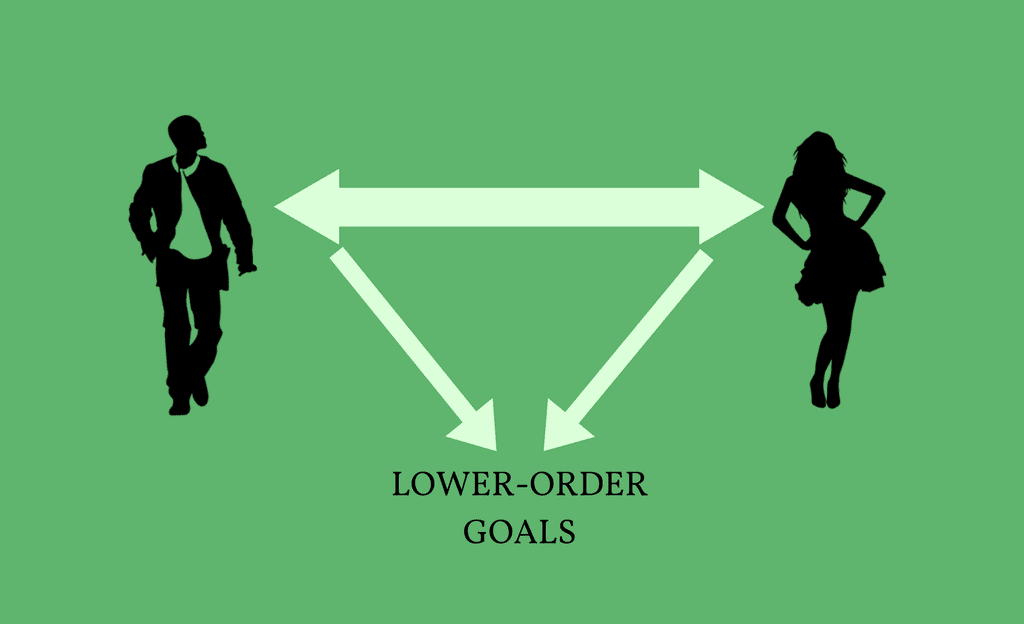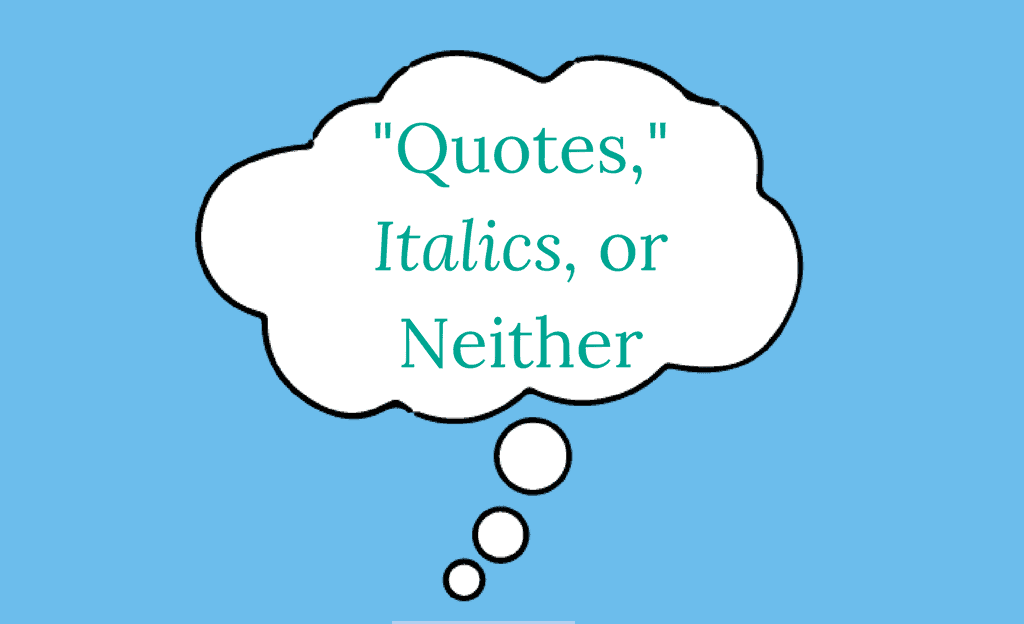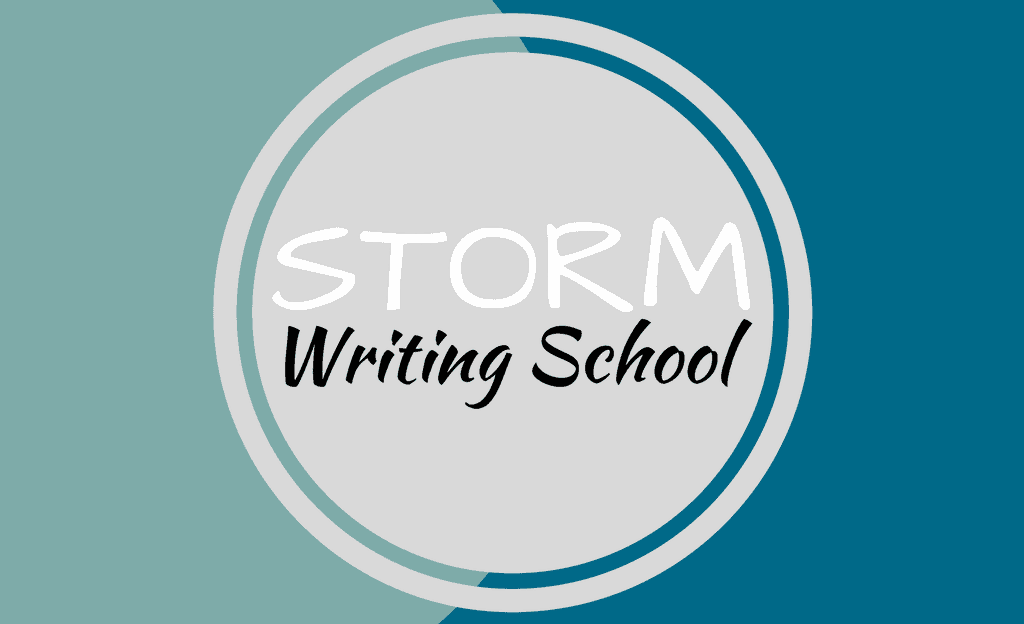Revision for Haters

How to approach revision when you dread it. Knowing the different levels of revision will help you know how to receive critiques, how to prioritize and plan your revision, and how to re-energize the process with enthusiasm and creativity.
4 Common Failures in Story Cause/Effect

Causality governs story events. You want your story to feel authentic, believable, and seamless. You don’t want any of the events or reactions within the story to draw attention to themselves. They must be earned. This article examines common failures to earn story developments.
Triangulate Dialogue

To avoid flat dialogue scenes, learn to triangulate the characters’ interaction with a lower-order goal.
Escalating Complications

“Escalating complications” is my preferred term for what’s commonly known as “rising action.” What is rising action? And how can you use it to maintain reader engagement in the middles of your scenes and stories? We take a lesson from iguanas and snakes here.
Formatting Character Thoughts

Is it better to format character thoughts with quote marks or italics? I say neither. No special formatting is necessary to signify character thinking. You just need some solid narration.
Should You Use Dialogue Tags Other Than “Said”?

Should you use synonyms for “said”? Some writing advice claims “said is dead”; others look disparagingly upon “saidisms,” the fancier cousins of “said.” Here’s the rule of thumb.
The Storm Writing School Mission

Storm Writing School operates under the assumption that writing and storytelling are powerful human endeavors that move us in mysterious ways. The rules are hard to pin down but worth considering and debating in order to make our art more capable of resonating with readers.
Create Sentiment; Avoid Sentimentality

Flannery O’Connor says that sentimentality is a “distortion of sentiment.” That distortion can occur in one of two ways. Learn about those distortions and then avoid them through the 7 remedies presented here.
Dealing with Criticism and Rejections

Coping with criticism and rejection is key for writers. Having endured lots of critiques and rejections, I can share what mindset I’ve found successful in coping with the ups and downs of receiving critiques and rejections.
Approaching the Workshop

There are lots of problems with the default workshop approach. But that’s not to say that workshopping isn’t valuable. It is. And if the workshop members have the right attitude, it can be an incredibly helpful experience for all.
